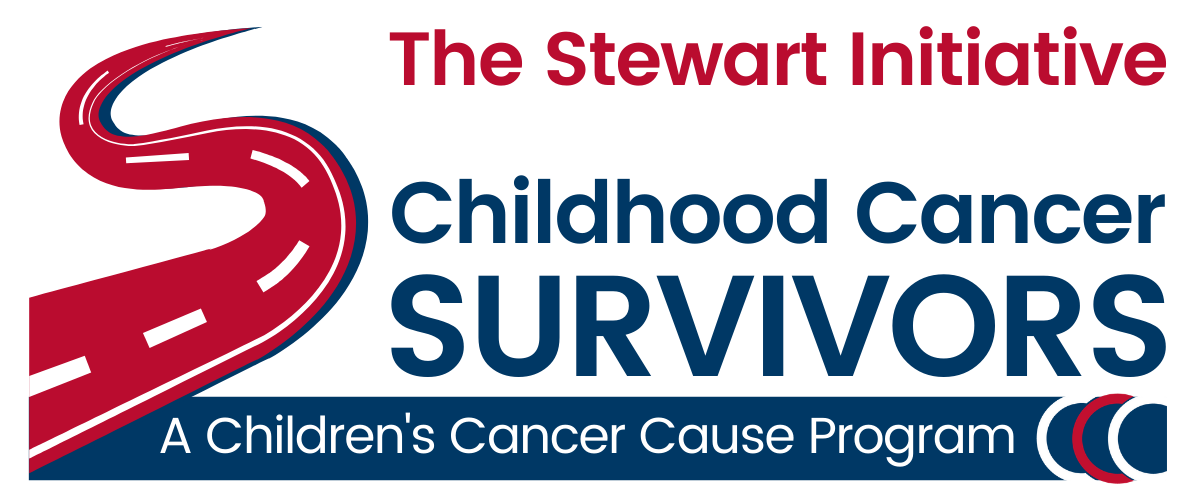Do you struggle with chemo brain? Attention deficit disorder? Maybe your doctor has called it 'cognitive dysfunction' or an 'executive function disorder.' These are all types of neurological late effects.
Cognitive dysfunction is a common long-term late effect reported by cancer survivors. These cognitive disorders range from mild to severe and can pose significant learning challenges. If you have problems with learning and retaining information, problem solving, organization, focusing, or your processing speed, you may be suffering from cognitive dysfunction as a result of cancer or its treatment.
Neurological late effects are most pronounced among brain tumor survivors, with studies estimating that they impact 40 to 100% of brain tumor survivors. Also at high risk are survivors who had other head and neck cancers, brain surgery, or received radiation to the head, neck, spine, or total body. Certain types of leukemia and certain chemotherapy agents are also linked to cognitive disorders.
Many cancer patients use the term chemo brain to describe a feeling of mental fogginess that impacts alertness, concentration, and memory. And while chemo brain can be temporary - a side effect that ebbs after treatment ends - sometimes the impact can be long-lasting. We also know that late effects are often interrelated, and this is especially true with cognitive late effects. Problems with hearing loss or sleep contribute to learning difficulties, for example.
A teen survivor of leukemia shared in our 2023 Annual Survivor Survey that they’re suffering from slow processing and executive dysfunction issues as a result of treatment. “Things like word finding, reading comprehension, and remembering math facts are some of the issues I have on a daily basis. As a high academic achiever, these issues stick out to me and frustrate me daily, sometimes to the point of tears and breakdowns.”
So what can make things easier?
-
Medi-Safe is an app that allows you to create a medication list and set reminders or prompts to remind you when to take a particular medicine. A caregiver, partner, or roommate can be added as a backup reminder.
Magic ToDo - GoblinTools breaks down big tasks into component parts. For example, type in “clean my room” and it will generate all the tasks involved in doing that.
30/30 is a task manager app based on the concept of spending 30 minutes in distraction-free focused work -- and then rewarding yourself with 30 minutes of break-time. You can change the time settings to something more realistic for your schedule or for the specific task, from one minute to one hour. Prefer paper for task management? Consider something like this.
Note-taking apps like WritePad, YouNote, or Dragon Dictation can convert handwriting, images, and voice notes into text notes that you can refer back to later.
-
The PACER Center is a good resource for workplace support, starting with this 20-minute video on YouTube: Keys to Job Success. It offers practical, action-oriented suggestions about alarms, timers, and noise-cancelling headphones.
Another valuable resource is Casey Life Skills (CLS), a free tool that assesses the behaviors and competencies young people need in order to achieve long-term goals. Examples of the life skills CLS helps self-evaluate include maintaining healthy relationships, work and study habits, computer literacy, and money management.
Cogmed is a five week online training program focused on exercises designed to increase your attention span. The program can be utilized by anyone over age four, and each user is supported by a licensed professional coach (availability varies by state and age).
-
Many of these recommendations are adapted from a guest blog post written for Children’s Cancer Cause by Dr. Bonnie Carlson-Green, a pediatric neuropsychologist at Children’s Minnesota. Her post aims to help parents of young (child and teen) survivors develop executive function skills, but it's a good read for older survivors, too. Dr. Carlson-Green recommends the Smart but Scattered books, and this version is aimed at adults looking to get better organized at work and at home.

